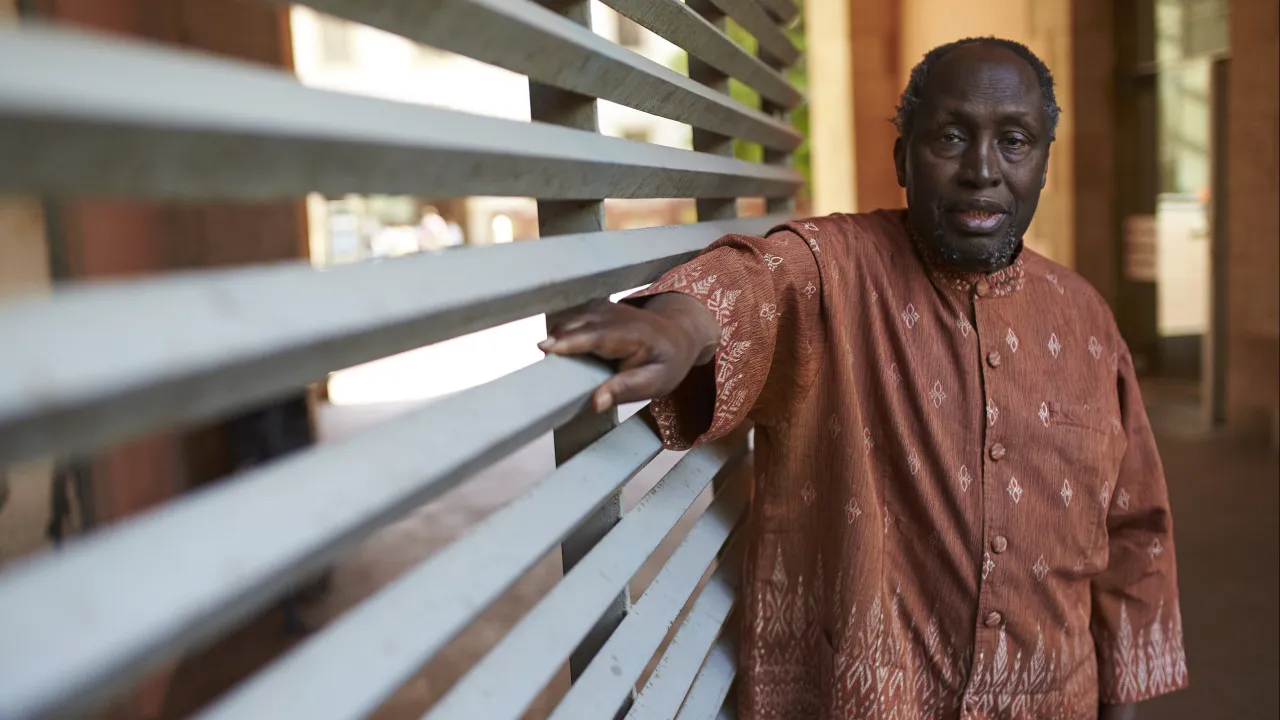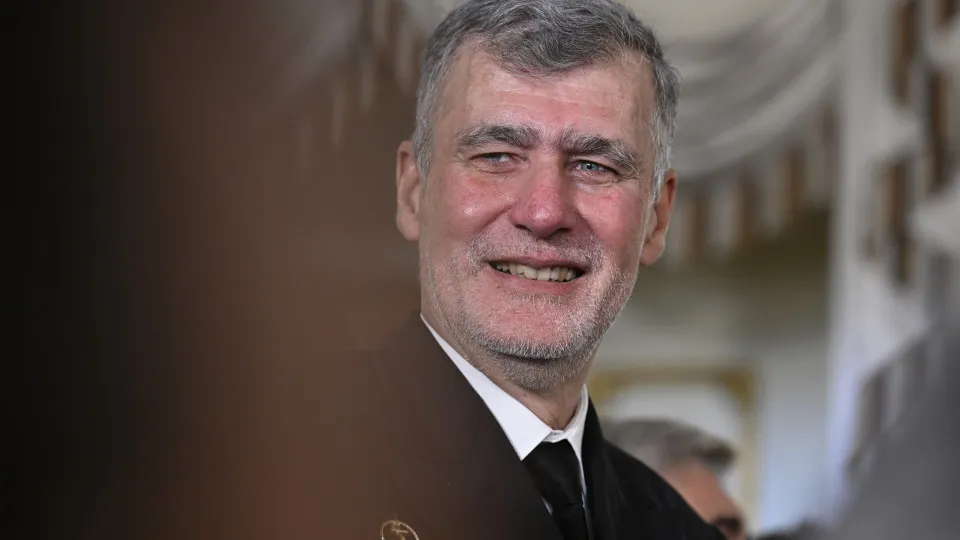
“It is with great sadness that we announce the passing of our father, Ngugi wa Thiong’o, on the morning of May 28, 2025. He lived a full life and fought a good fight. As was his last wish, we will celebrate his life and work,” said Wanjiku wa Ngugi in a message posted on the social media platform, Facebook.
The family spokesperson, Nducu Wa Ngugi, will soon announce the details of his funeral, added the daughter.
Ngugi wa Thiong’o, regarded as one of the leading figures in African literature, also has a history of fighting for the liberation of his country.
In the 1960s, when the colonization of the African continent was under question, leading to the fall of several governments, he fought for Kenya’s emancipation from British rule alongside young intellectuals who, like him, were recent university graduates.
The works of Ngugi wa Thiong’o, who was also a university professor, include novels, plays, short stories, and essays, ranging from social criticism to children’s literature.
Among his notable works, “Weep Not, Child,” his first novel written in 1962 shortly before Kenya’s independence, stands out. It explores, through the eyes of a young boy named Njoroge, the tensions between whites and blacks, and African and European cultures, during a period (1952-1956) when the Kikuyu rebels, known as Mau Mau, rose against the British colonial regime.
Amnesty International once adopted him as a prisoner of conscience.
In the United States, he taught at Yale University for several years and also at New York University.




